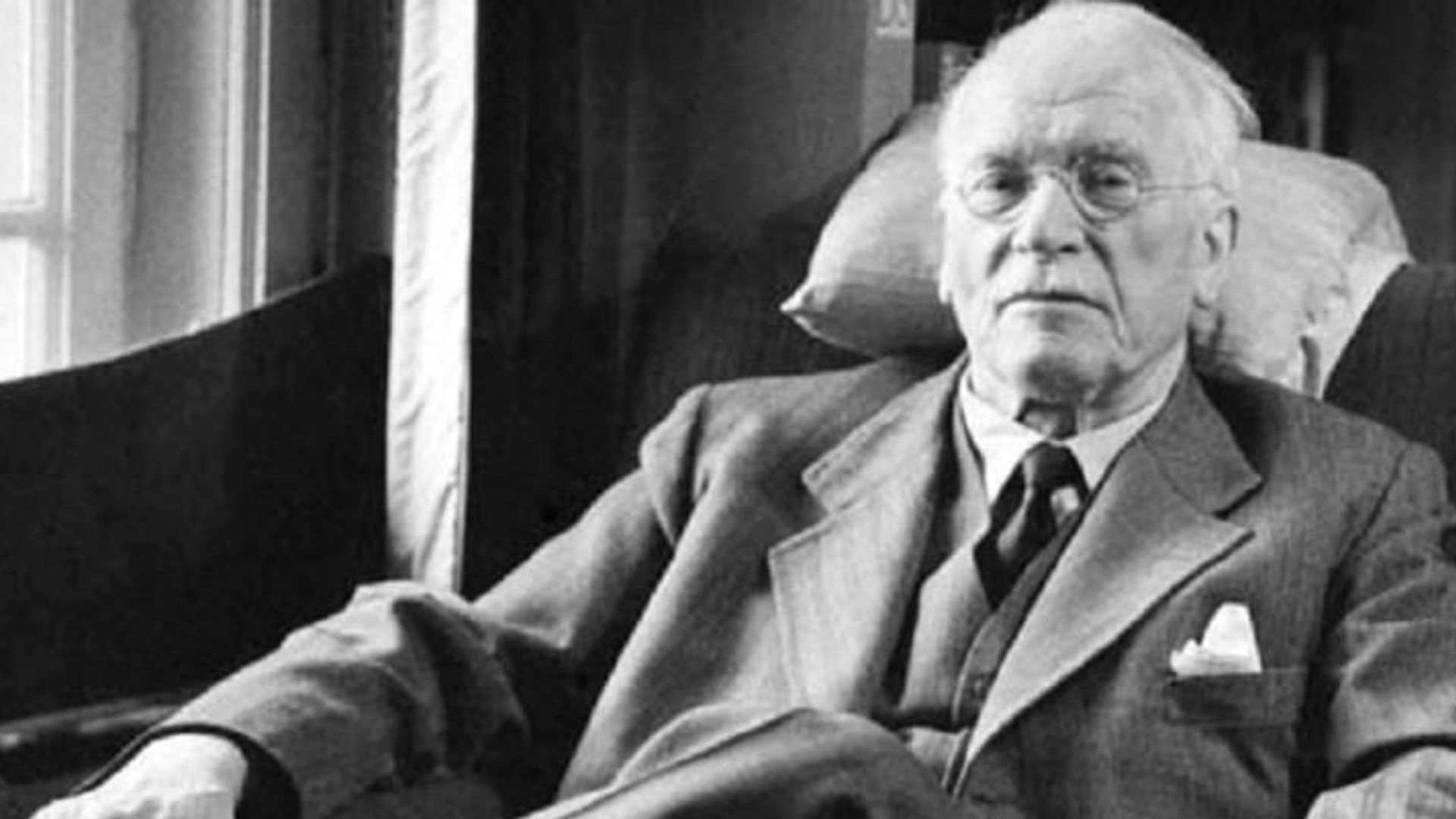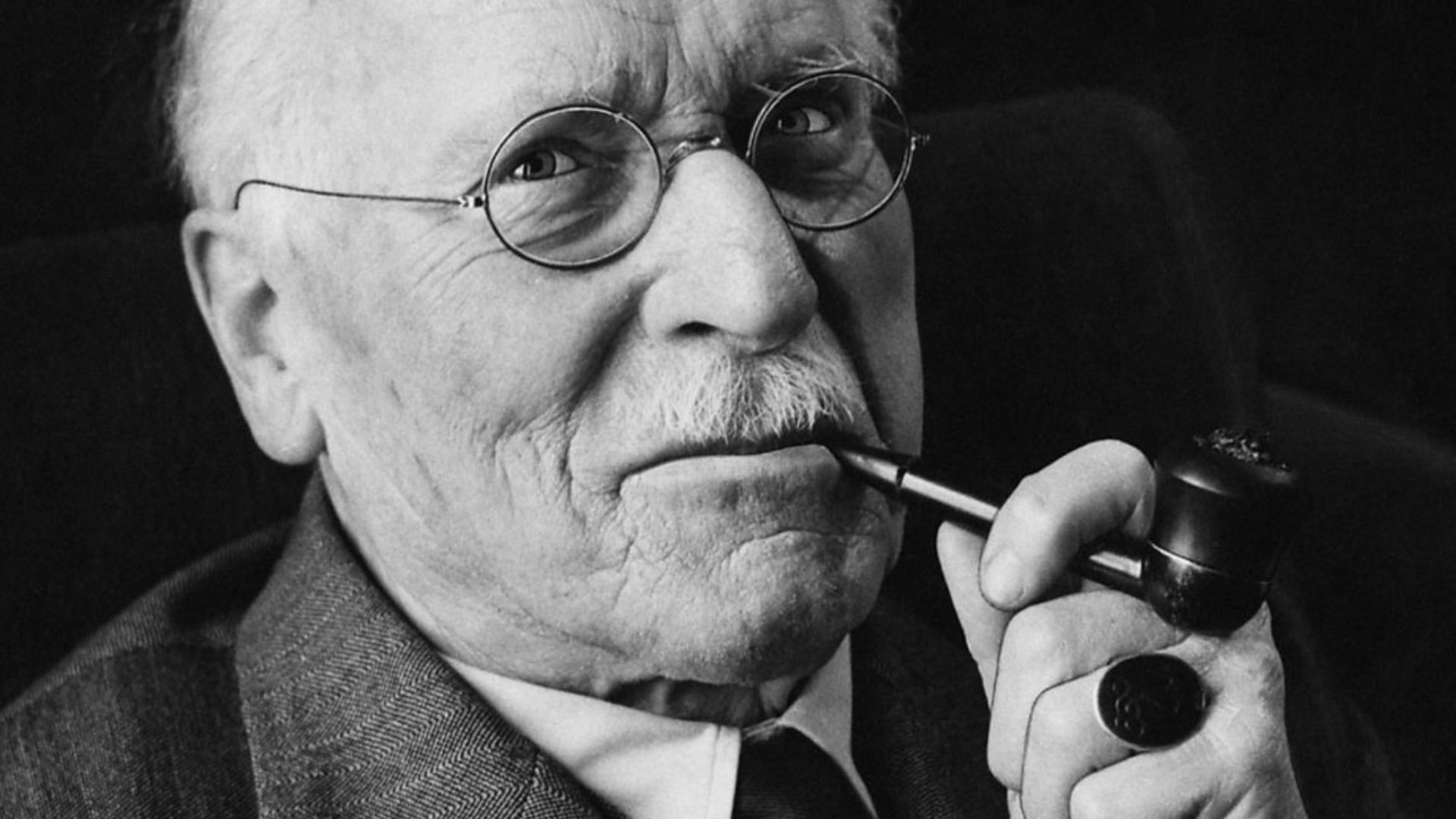How Does Carl Jung Unconscious Mind Quote Reveal The Power Within?
One of his most famous carl jung unconscious mind quote on the topic reads "Until you make the unconscious conscious, it will direct your life and you will call it fate.”
Author:Evelyn AdamsReviewer:Mia ThompsonApr 21, 202330.9K Shares1M Views

Carl Jung, one of the most prominent figures in the field of psychology, is known for his contributions to our understanding of the unconscious mind. He believed that the unconscious mind is a vast and complex realm that holds the key to unlocking our true potential as human beings.
One of his most famous carl jung unconscious mind quoteon the topic reads "Until you make the unconscious conscious, it will direct your life and you will call it fate.”
The Power Of The Unconscious Mind
The human mind is a complex and fascinating system that has puzzled scientists, philosophers, and ordinary people for centuries. Among the different aspects that make up the human mind, the unconscious mind is one of the most intriguing and mysterious.
The unconscious mind refers to the part of our mental processes that operate outside our conscious awareness. It includes all the thoughts, feelings, memories, and impulses that are not available to our conscious attention but still influence our behavior, emotions, and decisions.
One of the most remarkable things about the unconscious mind is its power to shape our experiences and behavior. Many of our actions and reactions are influenced by unconscious factors that we may not even be aware of.
For example, research has shown that our unconscious biases can affect our judgments, decisions, and behaviors, even if we consciously reject them. Similarly, our unconscious mind can influence our emotional responses, such as fear, attraction, or aversion, based on past experiences and associations that we may not remember.
The power of the unconscious mind can also be seen in how it processes information and solves problems. Our unconscious mind is capable of processing vast amounts of information at incredible speed and efficiency, much faster than our conscious mind.
This allows us to make quick and intuitive judgments based on our past experiences and learning, without having to consciously think about them.
Another fascinating aspect of the unconscious mind is its creativity and imagination. The unconscious mind can generate new ideas, associations, and solutions that may not be immediately apparent to our conscious mind.
This is why many artists, writers, and innovators report getting their best ideas during moments of relaxed and unfocused attention, such as when taking a shower, going for a walk, or daydreaming. These activities allow the unconscious mind to make new connections and associations that can lead to novel insights and discoveries.
The Importance Of Dreams In Understanding Carl Jung Unconscious Mind Quote
Dreamsare an enigmatic and fascinating aspect of human experience, and they have long been recognized as having significance in understanding the unconscious mind. Sigmund Freud, the father of psychoanalysis, considered dreams to be the "royal road" to the unconscious.
One of the main reasons dreams are so important in understanding the unconscious mind is that they allow us to access material that is normally hidden from conscious awareness.
Dreams provide a window into our deepest desires, fears, and conflicts, which may be too threatening or taboo to acknowledge during waking life. By analyzing the content and symbolism of dreams, we can gain insight into the workings of our unconscious mind and better understand our motivations and behaviors.
For example, recurring themes or symbols in dreams may point to unresolved psychological conflicts that are playing out in our waking lives. Dreams may also reveal repressed emotions or memories that we have pushed out of awareness but that continue to influence our thoughts and behaviors.
Additionally, dreams can provide a safe space for the exploration of new ideas and experiences. During sleep, our brains are free to explore new connections and possibilities that may not be accessible during waking life. Dreams can therefore be a valuable source of creativity and insight.
However, it is important to note that the interpretationof dreams is not a straightforward process. Dreams are highly subjective and can be influenced by a variety of factors, such as current stressors or past experiences.
It is therefore important to work with a trained professional, such as a psychoanalyst or therapist, to gain a deeper understanding of the meaning and significance of one's dreams.
The Influence Of The Unconscious Mind On Relationships
The unconscious mind can have a profound influence on our relationships with others. While we may consciously believe we are in control of our thoughts and actions, our unconscious mind can often shape our behavior and responses in ways we may not be aware of.
One way that the unconscious mind can impact relationships is through the formation of attachment styles. Attachment styles refer to the patterns of behavior and emotions that we develop in response to our early childhood experiences with caregivers. These attachment styles can then shape our relationships with romantic partners and friends as we grow older.
For example, individuals who experienced secure attachments with their caregivers as children may be more likely to form healthy, stable relationships as adults. They may feel comfortable with emotional intimacy and be able to communicate their needs and feelings effectively.
On the other hand, individuals who experienced insecure attachments as children may struggle with forming and maintaining relationships. They may fear intimacy or be overly dependent on their partner, or they may struggle to trust others and have difficulty expressing their emotions.
Another way that the unconscious mind can influence relationships is through our beliefs and expectations. Our early experiences and cultural upbringing can shape our beliefs about what a relationship should look like, what we should expect from our partners, and what our role should be in the relationship. These beliefs can then impact our behavior in subtle ways.
For example, if someone grew up in a household where their parents had a traditional gender role division, they may unconsciously expect their partner to adhere to similar gender roles in their own relationship. They may not even be aware of these expectations, but they may become frustrated or resentful if their partner does not conform to their unconscious expectations.
Video unavailable
This video is unavailable: Original link to video
The Collective Unconscious
The collective unconscious is a concept introduced by the Swiss psychiatrist Carl Jung. It refers to a deep layer of the human psyche that contains archetypes, symbols, and images that are shared by all people across cultures and throughout history.
According to Jung, the collective unconscious is a repository of the psychicinheritance of the human race, and it is the source of the universal patterns of behavior and thought that we find in myths, legends, and religious traditions.
Jung believed that the collective unconscious is distinct from the personal unconscious, which is unique to each individual and contains repressed memories, emotions, and experiences. The collective unconscious is not formed by personal experiences or learning, but rather it is innate and inherited from our ancestors.
One of the main features of the collective unconscious is the archetype. An archetype is a universal symbol or pattern of behavior that is found across cultures and is deeply rooted in the human psyche.
Archetypes include the mother, the hero, the wise old man, the trickster, and many others. These archetypes are reflected in myths, fairy tales, and religious traditions, and they represent fundamental human experiences and emotions.
Jung also believed that the collective unconscious contains the shadow, which is the dark and negative aspects of the psyche that we try to repress or deny. The shadow includes our fears, desires, and impulses that we consider unacceptable or immoral. Jung believed that integrating the shadow into our consciousness is a crucial step toward achieving psychological wholeness and personal growth.
People Also Ask
What Is Carl Jung's Famous Quote On The Unconscious Mind?
"Until you make the unconscious conscious, it will direct your life and you will call it fate."
What Does Carl Jung Mean By The Unconscious Mind In His Quote?
Jung believed the unconscious mind to be the repository of all repressed thoughts, feelings, and memories that can influence a person's behavior without their awareness.
How Does Carl Jung's Quote Relate To The Concept Of Free Will?
Jung's quote suggests that until a person becomes aware of the unconscious forces that drive their behavior, they may feel like their life is predetermined or out of their control.
How Did Carl Jung's Ideas About The Unconscious Mind Differ From Those Of Sigmund Freud?
While Freud believed that the unconscious mind was primarily composed of repressed sexual and aggressive urges, Jung saw it as a more complex and spiritual entity, containing archetypes and symbols that could inform a person's sense of meaning and purpose.
Conclusion
Carl Jung unconscious mind quote reminds us of the immense potential that lies within us, waiting to be unlocked. By making the unconscious conscious, we can take control of our lives and achieve a greater sense of self-awareness and fulfillment.
It may be a challenging journey, but one that is well worth the effort. As we embrace the depths of our psyche, we can discover a wealth of hidden treasures that can enrich our lives and help us to become the best version of ourselves.

Evelyn Adams
Author
Evelyn Adams is a dedicated writer at Kansas Press, with a passion for exploring the mystical and uncovering hidden meanings.
Evelyn brings a wealth of knowledge and expertise to her insightful articles. Her work reflects a commitment to providing accurate information, thoughtful analyses, and engaging narratives that empower readers to delve into the mysteries of the universe.
Through her contributions, Evelyn aims to inspire curiosity, spark imagination, and foster a deeper understanding of the supernatural world.

Mia Thompson
Reviewer
Mia Thompson is a versatile writer at Kansas Press, delving into a range of topics including news, spiritual exploration, astrology, and numerology. With a passion for delivering insightful and informative content, Mia's articles provide readers with valuable perspectives and thought-provoking insights into these intriguing subjects.
She is dedicated to creating content that resonates with readers and fosters a deeper understanding of complex topics.
Latest Articles
Popular Articles
